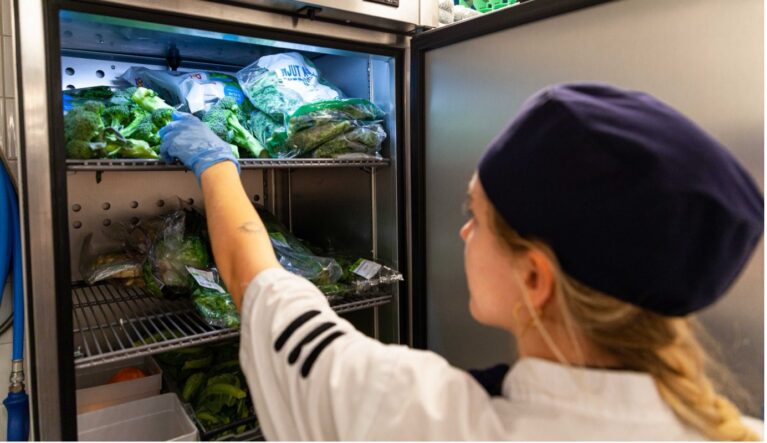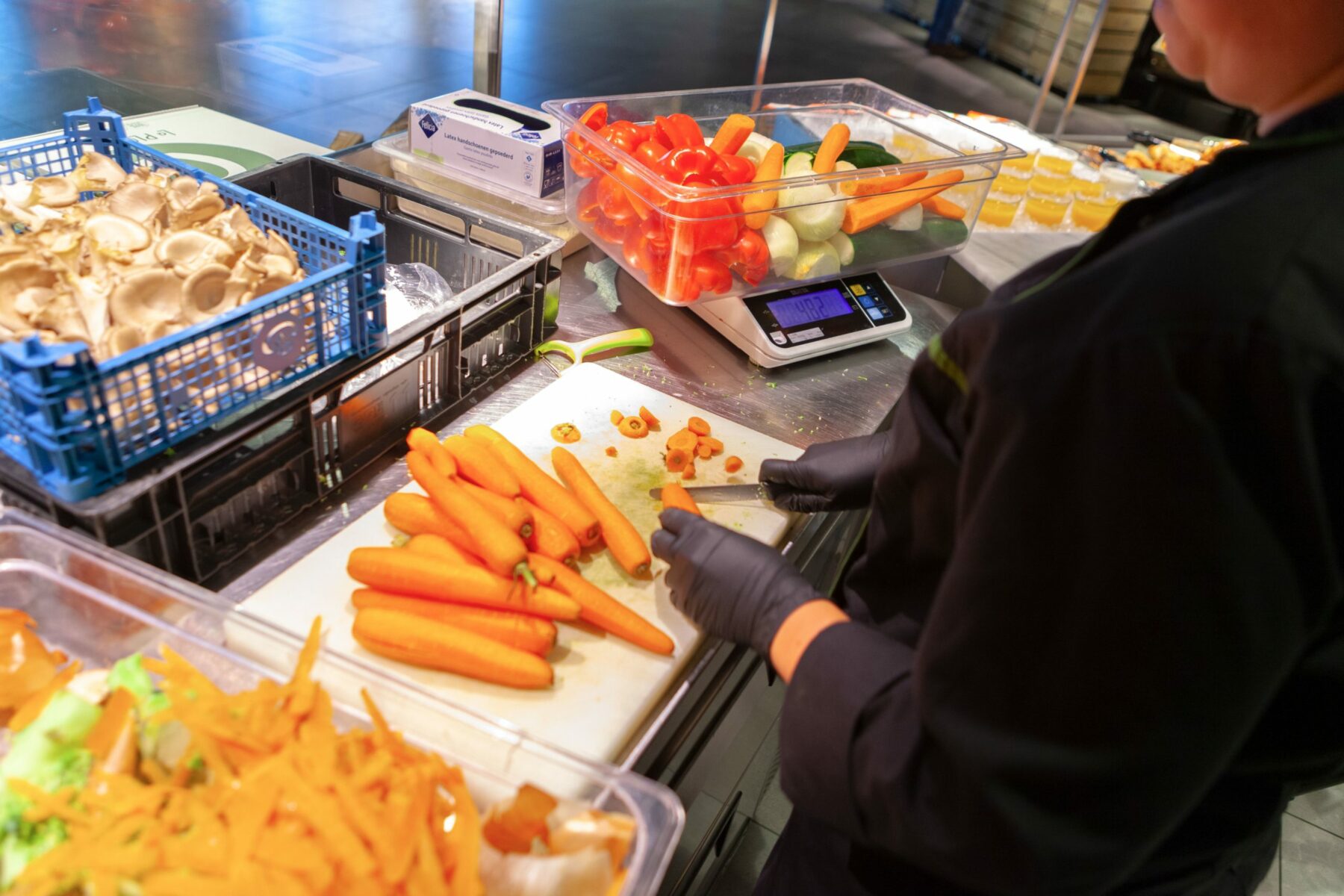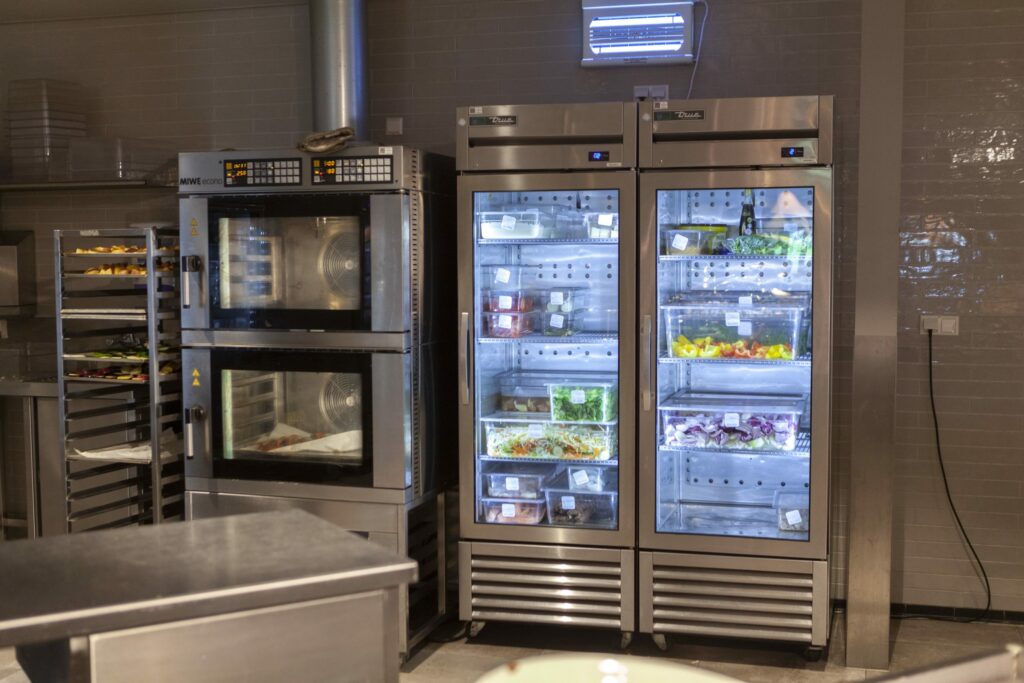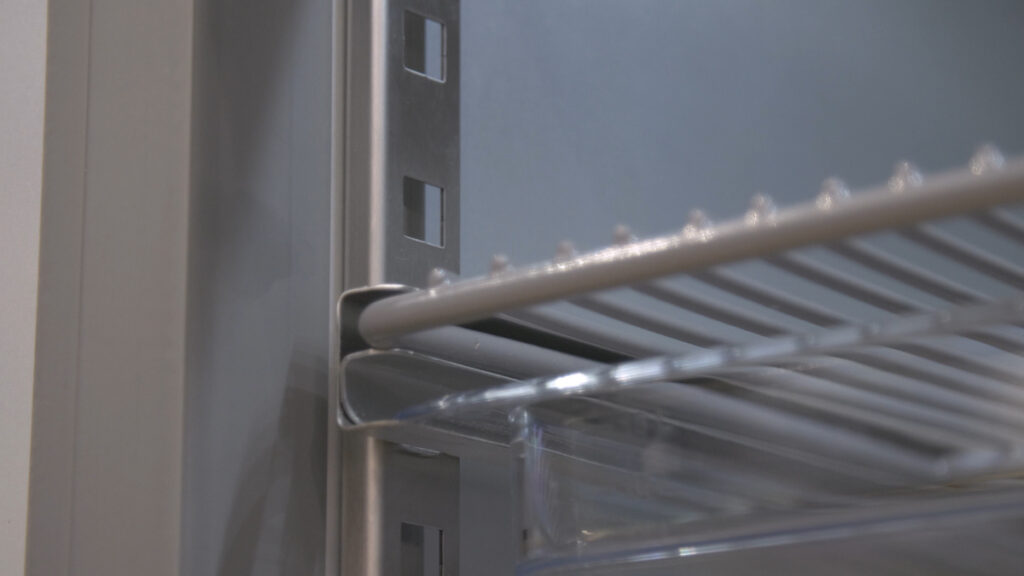Why you should choose True Refrigeration’s upright cabinets


In the restaurant industry, it often feels like running sustainable operations and growing profit margins are opposing goals – but the things are changing.
Growing concern for our climate has encouraged foodservice operators to think outside the box, allowing them to achieve sustainability goals without impacting profits in the long term.
An area of particular concern to restaurants is food waste. An estimated $940bn is lost on food waste globally every year – whether this be through inefficient preparation, spoilage or leftovers.
However, keeping on top of food waste results in more efficient spending, less overhead and a higher profit margin. Cutting down on food waste will also reduce environmental impact and contribute to saving the planet.
According to Waste & Resources Action Programme (WRAP), roughly 21% of food waste is caused by spoilage. This means over a fifth of food wasted isn’t even used before it gets sent to the landfill.
A simple and easy way to reduce spoilage is to ensure all food is consistently stored at the optimum temperature.
Many foods, including meat, poultry, dairy and seafood, must be kept at 5°C or below to keep out of the danger zone where spoilage is accelerated, and bacteria can breed. This will extend the viable life of these foods so you can get more from your stock.

Many foods must be kept at 5°C or colder to avoid spoilage.
True’s range of refrigeration products use advanced and highly efficient “natural refrigerant” technology to ensure a safe and consistent temperature is achieved at all times, reducing the likelihood of food spoilage.
Once you’ve invested in the right equipment to keep your ingredients fresh, you need to optimise your storage.
The best way to ensure you use all your stock before it goes off is to develop a storage system that prioritizes older food first. A simple first in, first out system will prevent older stock being left at the back to spoil.
No matter how efficient your storage system is, you need to make sure you’re not over filling your refrigerator. Overpacking units will disrupt airflow that keeps the food cold, ultimately affecting the overall temperature and impacting the efficiency of the cabinets’ operation.
The TGN storage unit is designed to maximise usable space with the inclusion of an innovative E-shaped shelf/tray slide system.

True’s innovative E-shapings allow for maximum storage without disrupting airflow.
While spoilage makes up a large proportion of restaurant food waste, preparation is even worse. A huge 45% of food waste comes from preparation.
When food is being prepared for meals, it’s inevitable that some food will become waste, however restaurants need to take action to minimize waste from prep. This can be done by educating chefs on efficient prep practices.
Bulk preparing food is great for kitchen efficiency, but it can result in more wastage. Investing in high quality refrigeration equipment can help to reduce wasted ingredients without sacrificing efficiency.
Our newly redesigned prep tables use patented airflow technology optimising the unit’s performance to keep your prepped ingredients fresher for longer. Air is circulated below the ingredient pans equally, maintaining consistent and safe temperatures, without drying out the ingredients.

Keep your ingredients fresh with the TPP from True.
Food waste isn’t the only environmental issue impacting the hospitality industry.
Major regulatory changes under EU and UK legislation were recently introduced.
The F-Gas Regulation aims to reduce Global Warming emissions caused by F gases (the refrigerants typically found in heating and cooling applications, including commercial refrigeration equipment), and is part of the European climate change agenda as set out in the EU Low Carbon Roadmap.
The mechanism ensures emission reduction through a schedule of gradual phasedowns and outright bans over an agreed time period, to reduce the consumption of, and change the way in which the industry can use these environmentally unfriendly gasses.
As older, energy-inefficient refrigerants are phased out, True has led the way in converting its entire product line to run on R290, also known as HC refrigerant. HC refrigerants are the most economical and environmentally friendly alternative, futureproofing refrigeration and giving True’s customers peace of mind.
As a result of this investment, True now produce several of the most energy efficient commercial refrigeration products currently available on the market. We are helping operators to be more environmentally responsible, achieve targets to reduce energy consumption, save money, and supplying them with a better, more reliable refrigeration product.
To aid operators to further understand legislation changes, True has produced Be Ready, a campaign intended to make operators and consumers aware of the implications the F-Gas Regulation may have on their businesses, educating them on both the environmental and fiscal impact.
Interested in hearing more? Talk to our team about Be Ready and how you can strive towards sustainability, whether that be through preventative food waste operations or investment in new equipment.